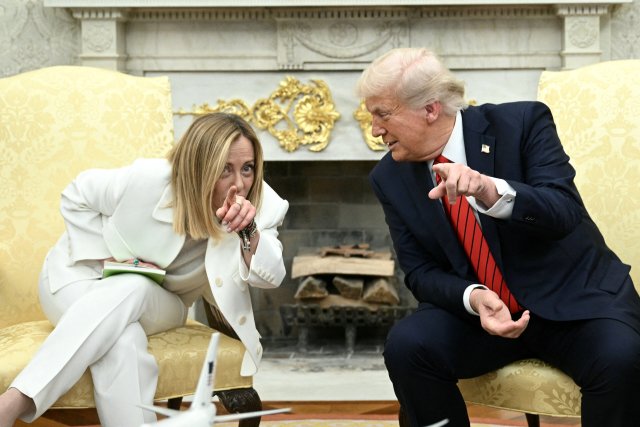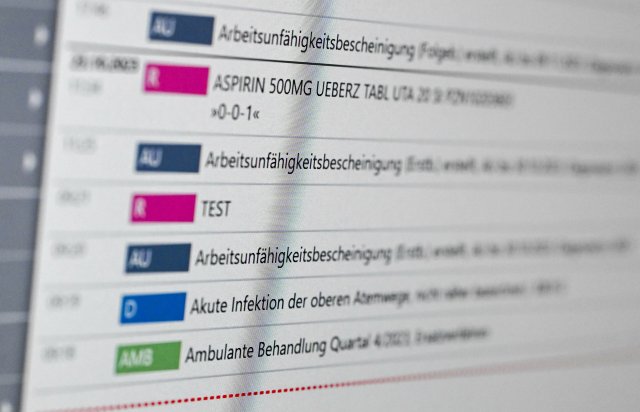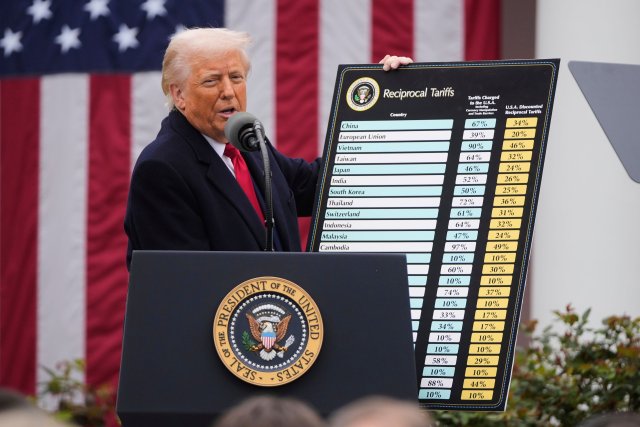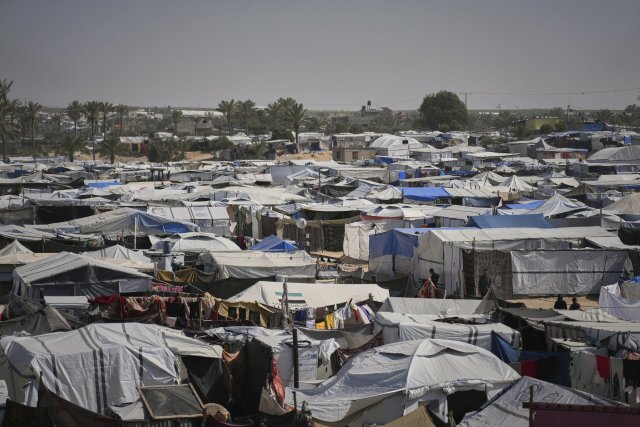- Kommentare
- War in Gaza
How Germany tries to ban the slogan »from the river to the sea«
German police have carried out a wave of unprecedented repression against Palestine solidarity, and they are focusing on one sentence in particular

In the last year, Berlin has seen an unprecedented wave of repression against the Palestine solidarity movement. Police actions range from the horrific – such as violent assaults on underage demonstrators – to the downright bizarre, including bans on speaking Irish and Hebrew. One slogan in particular has been forbidden by law since November 2023, since the German government interprets that as the complete annihilation of Israel: »From the river to the sea, Palestine will be free«. Just last Friday, police stopped the Beats for Gaza solidarity concert after a rapper used this phrase.
In a country that supposedly guarantees freedom of expression, what is the legal basis for banning a sentence not banned in any other country, including Israel? Last November, Germany's interior minister Nancy Faeser decreed that the slogan was a symbol of Hamas, a prohibited organization. You don't need to be a lawyer to realize this is ridiculous. How can a slogan that was widespread in the 1970s and is used by countless Palestinian factions be a unique marker of a group that was only founded in 1987?

Red Flag is a column on Berlin politics by Nathaniel Flakin. It appeared in Exberliner magazine from 2020 to 2023 and found a new home at the Berlin newspaper nd – as their first content in English. If you like a regular dose of very local communist content, please share. Nathaniel is also the author of the anticapitalist guide book Revolutionary Berlin.
With the same logic, I could say that the German national anthem was used by the Nazis, and therefore everyone singing about the »Vaterland« at a football match is declaring loyalty to the NSDAP. A court in Mannheim pointed out that the sentence can be interpreted in myriad ways, and is protected by the constitutional right to free expression. Not all German courts agree, however.
On August 6, the 22-year-old Berlin activist Ava M. was sentenced to a 600 euro fine for chanting about rivers and seas. M., who comes from a family of exiled Iranian communists, made clear at trial that her goal is a democratic Palestine with equal rights for all people living there. Since it would be a bit too silly to accuse her of loyalty to Hamas, prosecutors tried a completely different accusation: »condoning a crime«, prohibited by paragraph 140 of the criminal code. According to the judge, this slogan implies support for every action by Palestinian militants on October 7. This is even more absurd, as the phrase was in use decades before the events it is supposedly referencing.
A second criminal trial, scheduled for August 22, was postponed. Numerous supporters outside the court were detained for – what else? – chanting »from the river to the sea«.
Police have additionally been using a third charge, Volksverhetzung, officially translated as »incitement to hatred«. Paragraph 130 originally banned »incitement to class hatred« and was used to persecute socialists. At the moment, in theory, it could be used against racists. Yet the German state has declared that Nazis shouting »Ausländer raus!« (»foreigners out!«) are using protected speech – while anyone calling for equal rights for all people in Israel / Palestine is guilty of a hate crime.
Without any evidence, politicians claim the slogan is calling for the expulsion of Jewish people. So what happens when supporters of Israel use the exact same phrase to negate any kind of Palestinian sovereignty? When far-right supporters of Israel called for sole Israeli rule »from the river to the sea«, Berlin police decided this was fine. The founding charter of the Likud party declares »between the Sea and the Jordan there will only be Israeli sovereignty«. Applying the law consistently, Berlin police would need to arrest Benjamin Netanyahu.
It might seem like all of Germany is solidly behind Israel's war. While virtually all parties profess their unlimited support for apartheid, this is not true of Germany's population. According to the semi-official Deutschlandtrend survey, 68 percent do not think Germany should be sending weapons to Israel. The same number think that Israel's military actions are not justified when Gaza's civilians are affected. These numbers are astounding given a one-sided media coverage and the manipulative questions in the survey itself.
This is what the judge who sentenced Ava M. meant when she said that German Staatsräson outweighs freedom of expression. As defined by the Encyclopedia of Medieval Philosophy, the »reason of state« refers to a »disregard for legal, moral, and religious considerations« when the interests of the state itself are at stake. In other words, this is an explicitly anti-democratic concept – and that is why it is being enforced with such blatant violations of democratic rights.
Das »nd« bleibt. Dank Ihnen.
Die nd.Genossenschaft gehört unseren Leser*innen und Autor*innen. Mit der Genossenschaft garantieren wir die Unabhängigkeit unserer Redaktion und versuchen, allen unsere Texte zugänglich zu machen – auch wenn sie kein Geld haben, unsere Arbeit mitzufinanzieren.
Wir haben aus Überzeugung keine harte Paywall auf der Website. Das heißt aber auch, dass wir alle, die einen Beitrag leisten können, immer wieder darum bitten müssen, unseren Journalismus von links mitzufinanzieren. Das kostet Nerven, und zwar nicht nur unseren Leser*innen, auch unseren Autor*innen wird das ab und zu zu viel.
Dennoch: Nur zusammen können wir linke Standpunkte verteidigen!
Mit Ihrer Unterstützung können wir weiterhin:
→ Unabhängige und kritische Berichterstattung bieten.
→ Themen abdecken, die anderswo übersehen werden.
→ Eine Plattform für vielfältige und marginalisierte Stimmen schaffen.
→ Gegen Falschinformationen und Hassrede anschreiben.
→ Gesellschaftliche Debatten von links begleiten und vertiefen.
Seien Sie ein Teil der solidarischen Finanzierung und unterstützen Sie das »nd« mit einem Beitrag Ihrer Wahl. Gemeinsam können wir eine Medienlandschaft schaffen, die unabhängig, kritisch und zugänglich für alle ist.







